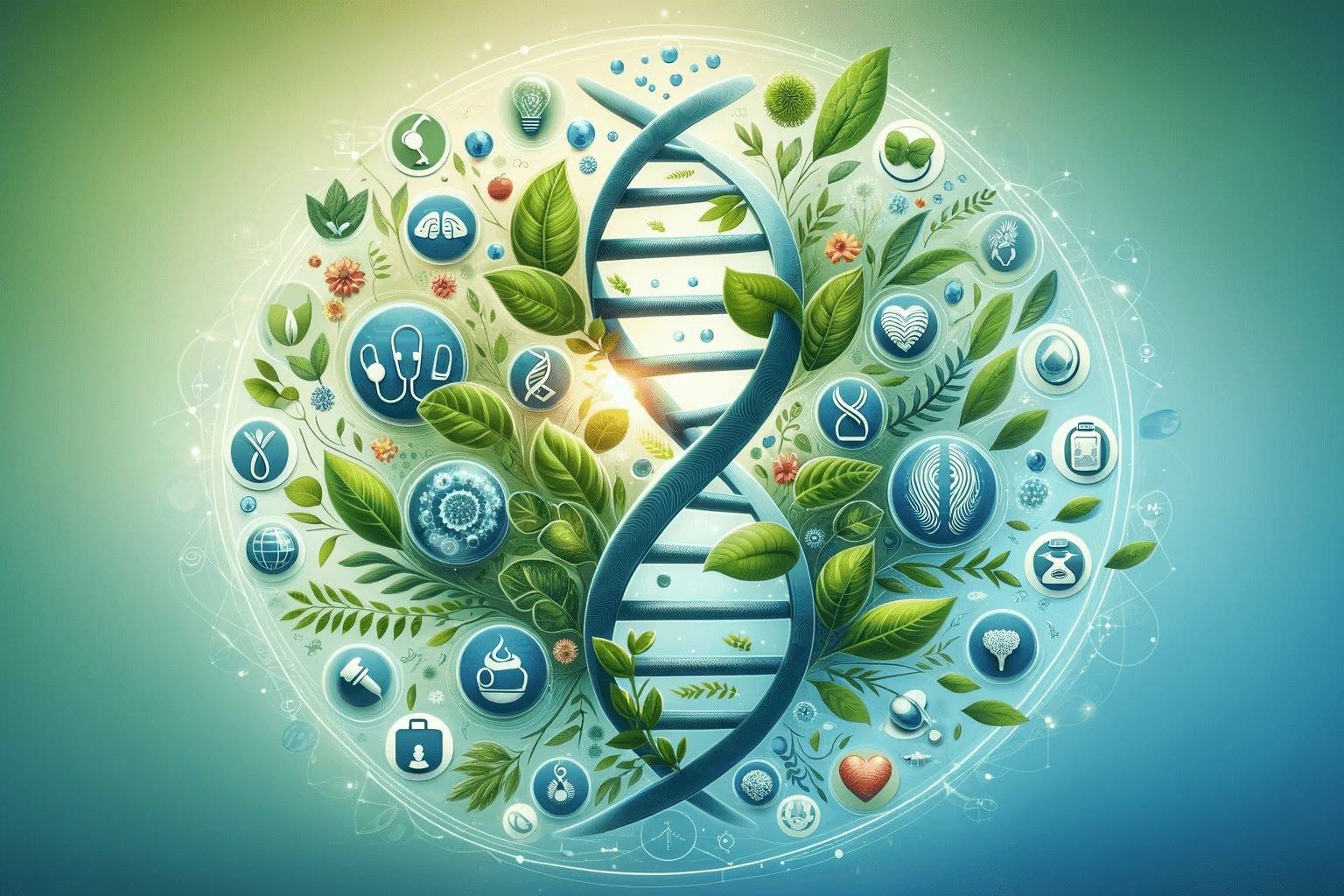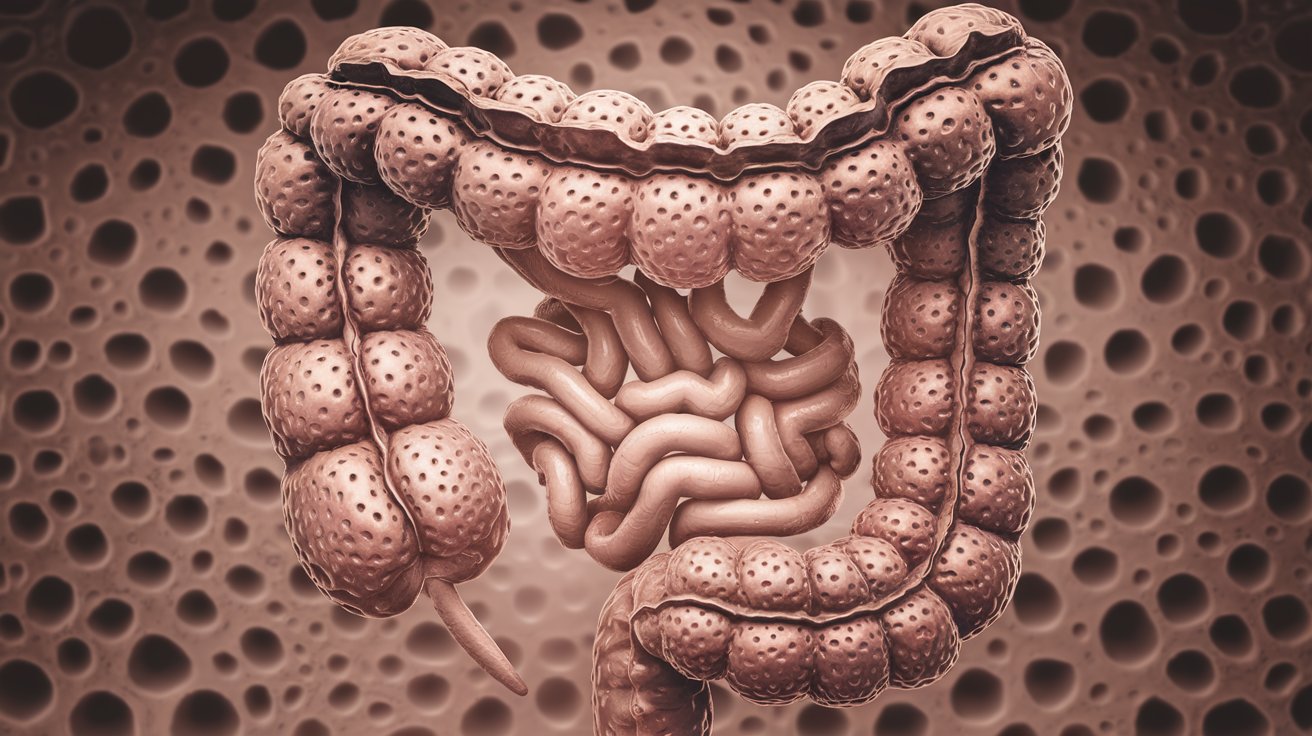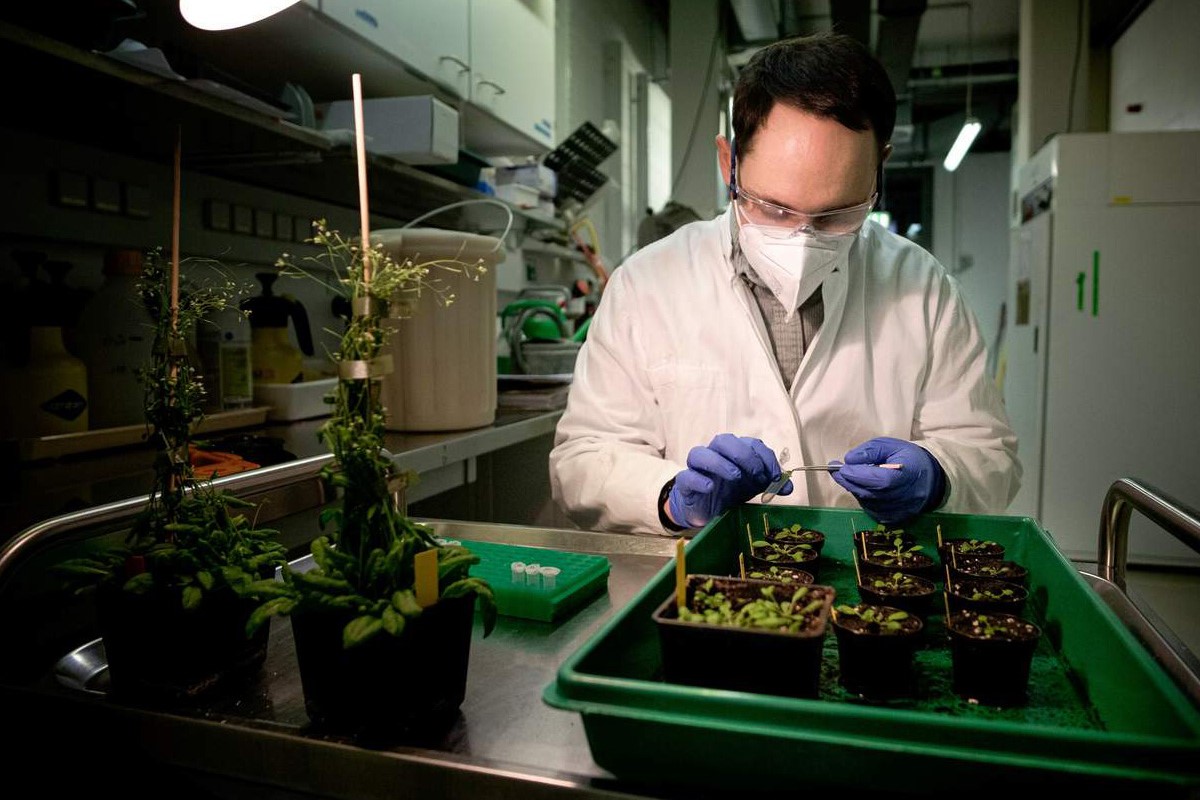
Epigenetics is a fascinating field that explores how genes can be turned on or off without changing the DNA sequence. Imagine a light switch that controls a room's brightness; similarly, epigenetic changes can influence gene activity. These changes can be triggered by various factors like diet, stress, and environmental toxins. Epigenetics plays a crucial role in development, aging, and even disease prevention. Scientists are uncovering how these modifications can be passed down through generations, affecting not just individuals but entire families. Understanding epigenetics can lead to breakthroughs in medicine, offering new ways to treat conditions like cancer, diabetes, and mental health disorders. Ready to dive into 22 mind-blowing facts about epigenetics? Let's get started!
What is Epigenetics?
Epigenetics is the study of changes in gene expression that do not involve alterations to the DNA sequence itself. These changes can be influenced by various factors, including environment, lifestyle, and disease. Here are some fascinating facts about this intriguing field.
-
Epigenetics literally means "above genetics." It refers to external modifications to DNA that turn genes on or off.
-
DNA methylation is a common epigenetic mechanism. It involves adding a methyl group to DNA, often silencing the gene.
-
Histone modification is another key mechanism. Histones are proteins around which DNA winds, and their modification can affect gene expression.
How Epigenetics Affects Health
Epigenetics plays a crucial role in health and disease. It can influence everything from cancer to mental health. Here are some ways it impacts our well-being.
-
Epigenetic changes can contribute to cancer. Abnormal DNA methylation patterns are often found in cancer cells.
-
Mental health can be affected by epigenetics. Stress and trauma can lead to epigenetic changes that influence mental health disorders.
-
Epigenetics is involved in aging. As we age, our epigenetic markers change, which can affect gene expression and contribute to age-related diseases.
Epigenetics and Environment
The environment we live in can have a significant impact on our epigenome. Here are some ways our surroundings influence our genes.
-
Diet can affect epigenetic markers. Nutrients like folate and vitamin B12 are involved in DNA methylation.
-
Exposure to toxins can lead to epigenetic changes. For example, smoking can alter DNA methylation patterns.
-
Physical activity can influence epigenetics. Exercise has been shown to affect gene expression related to metabolism and inflammation.
Epigenetics and Inheritance
Epigenetic changes can be passed down from one generation to the next. This means that the experiences of parents can affect their offspring.
-
Epigenetic inheritance is a phenomenon where epigenetic markers are passed from parents to children.
-
Parental diet can influence the epigenome of offspring. For example, a father's diet before conception can affect the health of his children.
-
Stress experienced by parents can lead to epigenetic changes in their children. This can affect the child's stress response and mental health.
Epigenetics in Medicine
Epigenetics is opening new doors in the field of medicine. It offers potential for new treatments and therapies.
-
Epigenetic drugs are being developed to treat cancer. These drugs aim to reverse abnormal DNA methylation patterns.
-
Personalized medicine can benefit from epigenetics. Understanding an individual's epigenome can help tailor treatments to their specific needs.
-
Epigenetics is being explored in regenerative medicine. Researchers are looking at ways to use epigenetic markers to improve tissue regeneration.
Epigenetics and Behavior
Behavior can also be influenced by epigenetic changes. Here are some ways our actions and experiences can affect our genes.
-
Early-life experiences can lead to lasting epigenetic changes. For example, maternal care can influence stress response in offspring.
-
Learning and memory are affected by epigenetics. Changes in gene expression can influence cognitive functions.
-
Addiction can involve epigenetic changes. Substance abuse can alter gene expression related to reward and addiction pathways.
Future of Epigenetics
The field of epigenetics is rapidly evolving, and its future holds great promise. Here are some exciting possibilities.
-
Epigenetic editing is a new technology being developed. It aims to precisely modify epigenetic markers to treat diseases.
-
Epigenetics could revolutionize agriculture. Understanding plant epigenetics can lead to crops that are more resilient to environmental stress.
-
Epigenetic biomarkers are being researched for disease diagnosis. These markers can help detect diseases early and monitor treatment response.
-
The study of epigenetics is expanding our understanding of evolution. Epigenetic changes can contribute to evolutionary adaptations.
The Final Word on Epigenetics
Epigenetics is a game-changer in understanding how genes work. It shows how lifestyle, environment, and even diet can influence gene expression without altering the DNA sequence. This field has opened doors to new treatments for diseases like cancer and diabetes. It also explains why identical twins can have different health outcomes despite having the same genetic code.
Research in epigenetics is still evolving, but its potential is enormous. It offers hope for personalized medicine, where treatments can be tailored to an individual's unique genetic makeup. Understanding epigenetics empowers us to make informed choices about our health.
So, next time you think about your genes, remember they're not set in stone. Your actions and environment play a significant role in shaping your genetic destiny. Epigenetics is the bridge between nature and nurture, offering a deeper insight into what makes us who we are.
Was this page helpful?
Our commitment to delivering trustworthy and engaging content is at the heart of what we do. Each fact on our site is contributed by real users like you, bringing a wealth of diverse insights and information. To ensure the highest standards of accuracy and reliability, our dedicated editors meticulously review each submission. This process guarantees that the facts we share are not only fascinating but also credible. Trust in our commitment to quality and authenticity as you explore and learn with us.


